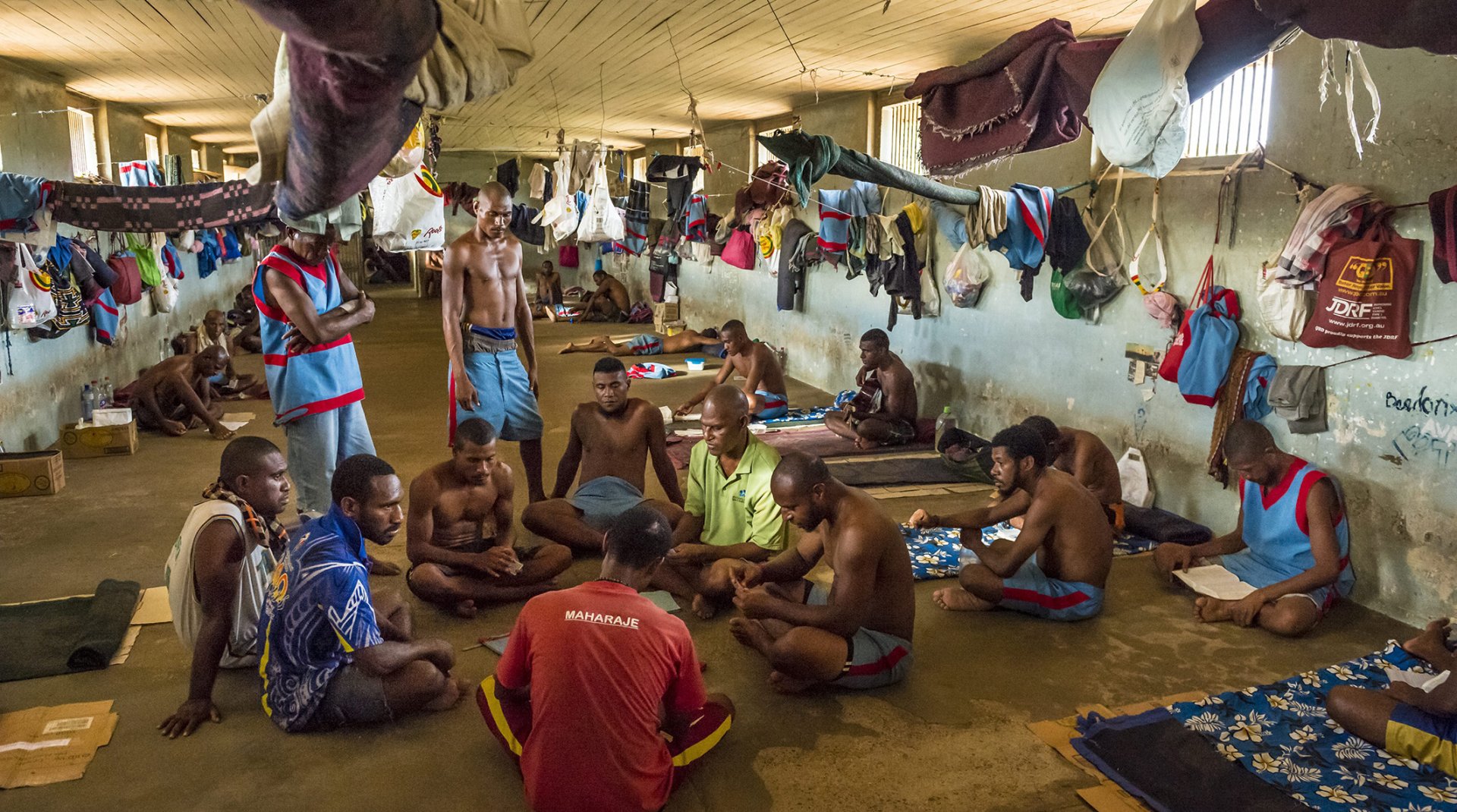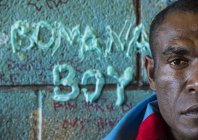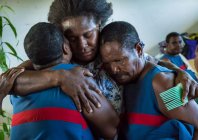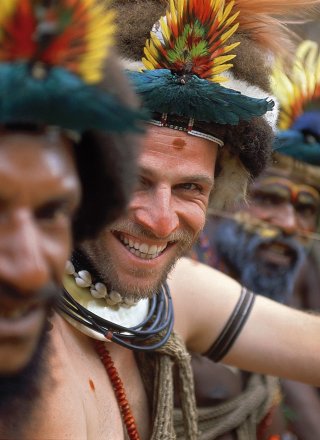
Bomana, a new idea of prison in the tropics
Marc Dozier
pour le Figaro Magazine
Escapes, murders and riots. Five years ago Bomana prison in Papua New Guinea was said to be a corner of hell. But the new prison commander, Kiddy Keko, has managed to restore order, and has devised a new version of a tropical penitentiary. “A bucket of urine mixed with soap used to be the cocktail served up to welcome prisoners,” recalls Joe Talara who has been in Bomana prison since 1996. “We’d kill one another, and just had one goal, and that was to escape.”
Bomana prison was built in the 1960s, and the inmates include many murderers, rapists, thieves and gang members (sometimes one person qualifies as all four). According to Crime Index figures, Papua New Guinea, north of Australia, has the second highest crime rate in the world. The prison, which is ten kilometers from the capital, Port Moresby, has three units: maximum security, minimum security, and women, with a total of 700 inmates divided into two categories: prisoners who have been tried and found guilty, dressed in dark blue, and detainees in pre-trial custody, wearing light blue.
Preview



Five years ago, rebellions, murders and mass escapes were common, but that is now past history. The person who engineered the change is the new prison commander, Kiddy Keko. When he took up the position in 2013, he made a promise to the prisoners: “Behave properly and you’ll have more freedom.” He has been backed by the government, and has opened up the prison complex to volunteers offering different services: sport, literacy (as 63% of adults in Papua are illiterate), or teaching a trade. “I wanted to establish a climate of trust between guards and prisoners,” explained Kiddy Keko. And with the new commander in charge, the opposing sides, the sworn enemies, even signed a peace agreement and, according to local custom in Papua, they buried the hatchet by exchanging gifts: chickens, a pig and sugar cane. Then, like Vercingetorix surrendering to Caesar at the Battle of Alesia, the prisoners placed the bolt cutters and knives they had hidden in their cells at the feet of the commander.
Today life in the prison is still harsh, but there are classes in yoga and acrobatics, there are concerts, and broadcasts of rugby matches, plus literacy programs, all of which have helped make life easier. Resources may be limited, but the courses in carpentry and plumbing, and projects on crop farming and raising livestock have been successful. Some prisoners have even been granted special leave to go into town. Every Sunday, the lucky ones are part of the march against violence, “Walk and Yoga for Life PNG,” marching together with the Governor of Port Moresby.
The prison that was so notorious in the past can now celebrate a new record: over the last five years, there has not been a single escape.
Jules Prevost & Marc Dozier



